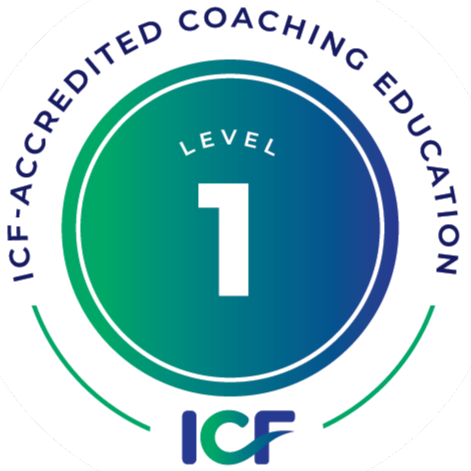
By: Kimberly Gleason
So you know how to coach. You’ve read the book. You’ve taken numerous classes. You’ve been offered feedback and suggestions on your skills from an experienced coach. Perhaps you’re even certified. But are you successful?
Knowing how to coach is one thing. Getting coaching gigs is another, as you’ve probably noticed. It’s no wonder that so many coaches, most in my experience, have failed to start and grow a coaching business. It’s that key word—business. Most businesses fail within the first few years, regardless of the type of business. It should come as no surprise, then, that launching and growing a coaching business is difficult.
If anyone tells you differently, well, they’re probably selling you something.
I won’t pretend to exhaust the information available about successful coaching businesses here in this article, but I would like to offer ten keys—ten keys that if you haven’t followed, or don’t continue following, will ultimately doom your coaching career. The upside? Implement these ten keys—truths, if you will—and you will be much more likely to have a fulfilling career. Here are the first four, with the final six in part two of this article next month.
1. Define success.What does success mean to you? Flexible hours and time off for that dream vacation to Europe? Profits in excess of $60,000 a year? The benefits of being your own boss, while making a few bucks—not much, but enough to get by? You get to determine what having a successful business means to you. But if you don’t define success, how will you know you’ve ever achieved it?
2. Talk to successful coaches.Sure, there are some great books out there on coaching, but these don’t take the place of intimate, “let me tell you how it is” conversations. How did these coaches get where they are? What was the turning point for them? If they could do anything differently, what would that be? Which of their services or products are most popular? What kind of marketing strategies do they employ? You get the picture. Talk to five or ten coaches over the course of a year, and you will have a wealth of information, enough to write your own book on coaching!
3. Craft a business and marketing plan.Once you’ve defined success (the ultimate outcome you seek), and you’ve interviewed numerous coaches, you can begin to craft, review, and revise a business and marketing plan that supports your goals. Unfortunately, 40% of all business owners don’t have business plans. Is it any different for the coaching industry? Doubtful. I’m betting this is the primary reason so many businesses fail. Thankfully, most communities offer resources and organizations—many of them free—to business owners. Check them out. Even when you think you’ve covered all your bases, chances are there’s something critical you’ve overlooked.
4. Identify your target audience and niche.I’ll admit, I’ve made this mistake. Okay, I’ve made lots of business mistakes, but this one I’ve really struggled with. Let me tell you this: It’s okay to experiment and try different audiences and niches. In fact, I implore you to. When you do, you will learn a lot about what works, doesn’t work, the kind of client you prefer, the kind of life/career/business issues you enjoy coaching around. For example, I have done practically every kind of coaching known to humankind, except bride coaching (yes, I’ve actually met this kind of coach). Only through trial and error have I come to realize that being a life coach won’t help me achieve my definition of success. So now what do I do? After four years in the business, I’ve narrowed my niche down to career coaching, business coaching, and executive coaching. So as you can see, I haven’t narrowed it down much, because I am one to experiment. But I will say this, and this is critical: You can’t coach everybody. And if you try, eventually you won’t know what you do anymore, and nobody else will know what you do either. So experiment, yes. But narrow down your audience and niche. Become the expert in your specific field, so much so that everyone knows exactly who you are, what you do, and the benefits your company offers.

Kimberly Gleason, an ILCT student, is a Grand Rapids-based executive leadership coach, business coach, career coach, author of over 80 newspaper and magazine articles, professional speaker, and trainer. She specializes in helping leaders to improve individual and team performance, effectiveness, engagement, retention, and results. You can find out more about her free e-books, blog, resources, presentations, and programs at www.kimberlygleasoncoaching.com.




